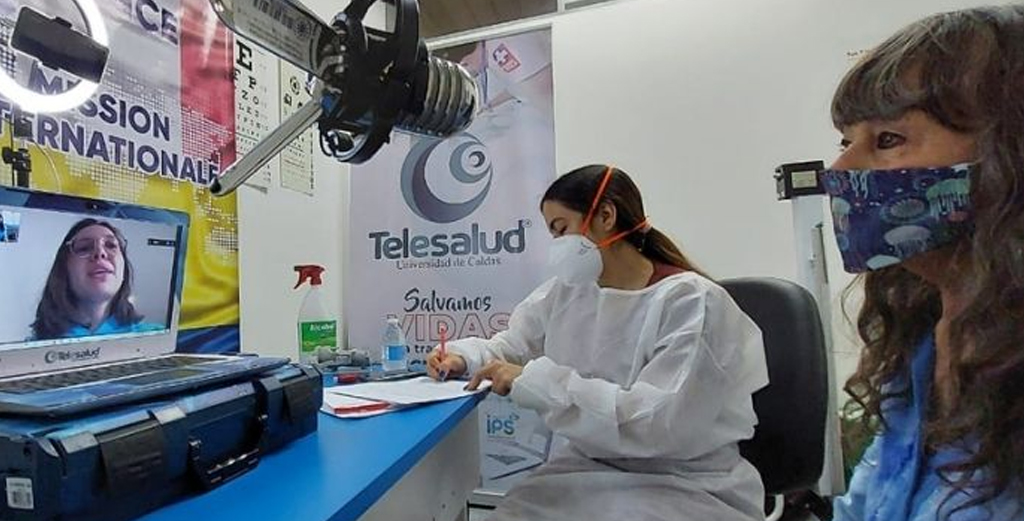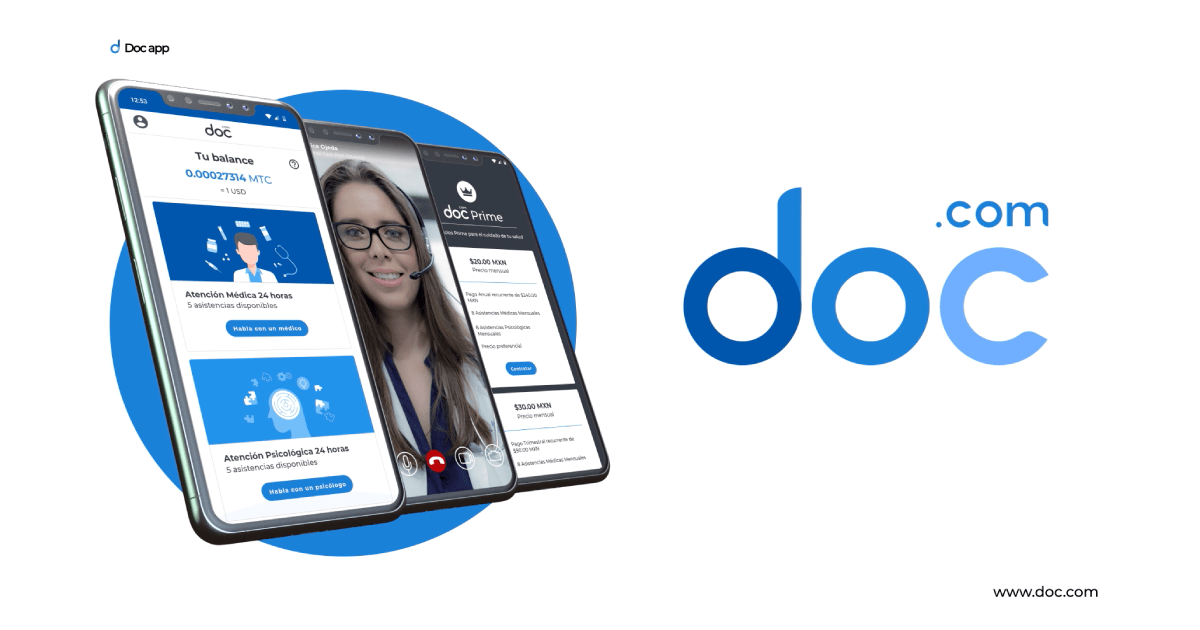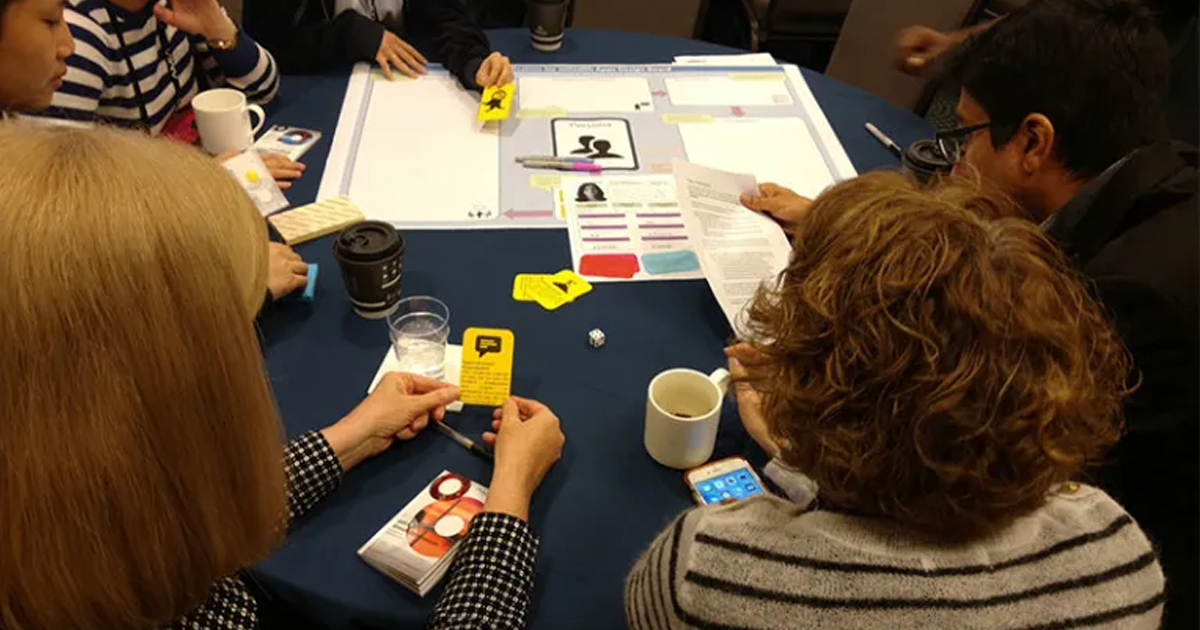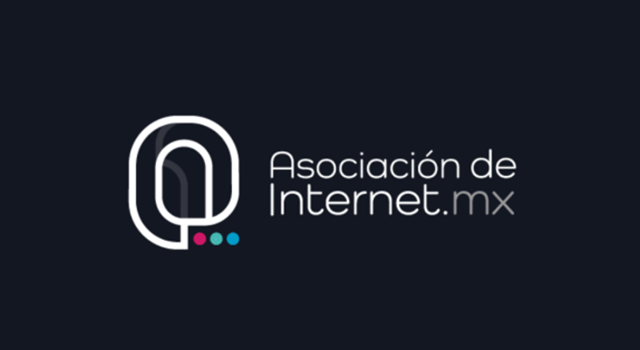As patients take greater responsibility for their health care, service providers are forced to provide 100% customer-focused experiences
Prevention, diagnosis, treatment and health monitoring has been a joint effort between health experts and the patients themselves for several years. Technological advances make it possible to monitor the health status of users from home, office or wherever they are, without having to physically go to an appointment.
What these technological advances provide is the opportunity to prevent diseases through the participation of the patient in their personal care. The number of health applications associated with wearables (healthcare apps) has grown significantly: by the end of the first quarter of 2019, in the Google store there were 37,000 apps in health, and 47,000 in the Apple Store.
Deloitte establishes its 5 predictions about the health sector by 2025:
- The home will be the usual place for routine health care / follow-up.
- Hospitals will be reserved mostly for specialized treatment, traumatology and emergencies.
- A large percentage of doctor-patient contacts will be made virtually and will be informed with evidence of the real environment.
- In Europe, more than 70% of patients will receive an online consultation.
- Individuals will be better informed about their genetic profile, their current health and possible diseases before they occur.

With the personalized service offer, patients are able to manage themselves, have a digital voice through the alerts displayed for their results and receive treatment based on the information captured.
The focus of new technologies in health is to take care of the user experience and its results. The main responsibility for the care, prevention and use of digital platforms, in any of its aforementioned aspects, falls directly on who uses them, while the teams of health professionals remain absolutely aware of the results and recommendations of the platforms.
MOBILE HEALTH NEWS
INTERACTIVE DOCTOR
http://elmedicointeractivo.com/el-sector-salud-decidido-entrar-en-lo-digital/
DELOITTE
https://www2.deloitte.com/es/es/pages/operations/articles/digitalizacion-sector-salud.html






